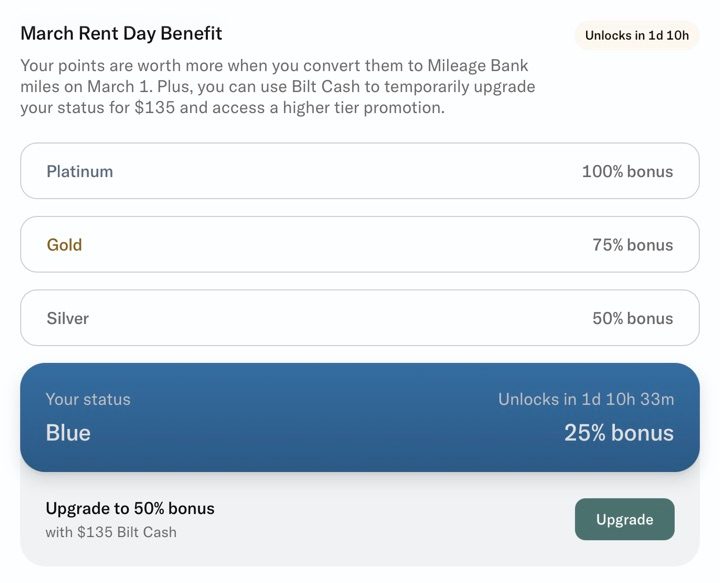For quite some time people have been saying, ‘Surely house prices can’t get any higher and there will be a drop soon.’ But prices continue to escalate.
They will keep doing so while the number of houses under construction is lower than the number of people who want to buy, and while gazumping is allowed to persist.
Even with the rise in the cost of living, house prices are still increasing. As affordability gets tighter the rise may slow a little, but anyone looking for a drop in prices is probably being over-optimistic. In fact, given the way the housing market has been going it is possible that prices could double in the next 20 years.
Gazumping has made an unwelcome comeback
The result of higher costs is often to drive people to stay put and not move house, to instead carry out renovations and extensions. However, this further restricts the supply of housing, adding inflationary pressure.
Estate agents have seen first-time-buyer style two-bed and three-bed properties sell very quickly, but five-bed properties are staying on the market for longer.
Lenders are clearly becoming worried about affordability, with many starting to withdraw offers and tighten affordability calculations.
‘Conditional selling’ is both immoral and illegal but still present
If lenders pull rates with unreasonably short notice, the impact for borrowers is a long-lasting one.
It can delay the housebuying process while the borrow-er looks for further funding, usually increasing their purchasing costs and pushing up their cost of living still further. What’s more, any delay for the borrower may also result in the vendor accepting a later, higher offer for the property.
Urgent action
To help stop runaway house-price escalation, the housebuying process needs a radical overhaul and the government must take urgent action. Gazumping has made an unwelcome comeback as competition for homes has increased.
Changes to the housebuying process need to include the reintroduction of sellers’ packs, completed by a vendor with all the searches done, with standards that all sellers and surveyors must meet.
At the same time, an offer accepted on a property should be legally binding, with a penalty paid by either party if they then pull out of the deal. This would greatly reduce the incidences of gazumping and ensure that any price rises happened more slowly.
Given the way the housing market has been going, it is possible that prices could double in the next 20 years
Outside the housebuying process, we must boost the supply of new housing.
To do this there needs to be incentives for smaller developers to build more. There are many smaller plots that large housebuilders are not interested in but which would greatly help housing supply within existing towns and villages. This also adds to the character of an area as smaller builders typically bring a more unique style to the homes they build.
The challenge is that, as many developers seek opportunities, they struggle to find either deals or finance. In development finance, loan-to-values are often restrictive, prohibiting many smaller developers from building.
This too needs government attention.
An offer accepted on a property should be legally binding, with a penalty paid by either party if they then pull out of the deal
Another issue for buyers and brokers alike is estate agents that will not allow a borrower to put in an offer on a property unless they meet with the estate agent’s in-house mortgage broker. Called ‘conditional selling’, this is both immoral and illegal but still present.
The estate agent will usually say it needs to ‘qualify’ a buyer financially as a way for it to use its own mortgage broker instead of the one with whom the buyer already has a relationship.
There are steps that can be taken to deal with this practice, however, and every broker should encourage their clients to do so if they have been exposed to these aggressive, high-pressure tactics.
There needs to be incentives for smaller developers to build more
In the first instance the broker should write to the estate agent, providing information of a mortgage decision in principle to demonstrate that the client has the funds necessary to purchase the house and that therefore the financial qualification has been done. The letter can respectfully remind the agent of the Estate Agents Act, with an offer to provide further financial information if required.
If the estate agent ignores the letter or continues to pressurise the homebuyer, the next step is for the client to put this in writing to their broker, and for the broker to forward this with a letter to The Property Ombudsman.
If all brokers do this, it should create enough pressure so that it is no longer possible for estate agents to carry out these suspect practices.
Karl Wilkinson is chief executive of Access FS
This article featured in the May edition of MS.
If you would like to subscribe to the monthly print or digital magazine, please click here.
Original Article






